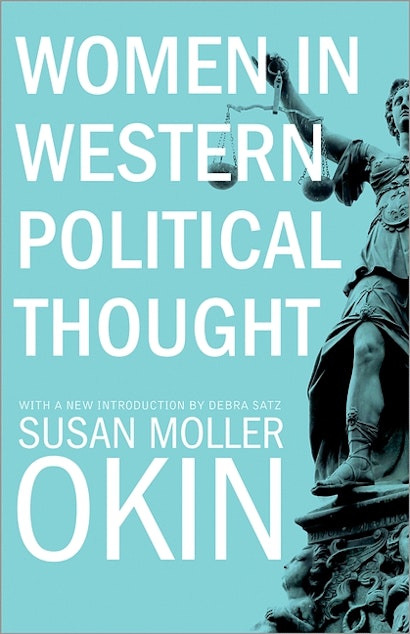Women in Western Political Thought


Paperback
- Price:
- $28.95/£25.00
- ISBN:
- Published:
- Apr 21, 2013
- Copyright:
- 2013
- Pages:
- 440
- Size:
- 5.5 x 8.5 in.
- Main_subject:
- Philosophy
ebook
In this pathbreaking study of the works of Plato, Aristotle, Rousseau, and Mill, Susan Moller Okin turns to the tradition of political philosophy that pervades Western culture and its institutions to understand why the gap between formal and real gender equality persists. Our philosophical heritage, Okin argues, largely rests on the assumption of the natural inequality of the sexes. Women cannot be included as equals within political theory unless its deep-rooted assumptions about the traditional family, its sex roles, and its relation to the wider world of political society are challenged. So long as this attitude pervades our institutions and behavior, the formal equality women have won has no chance of becoming substantive.